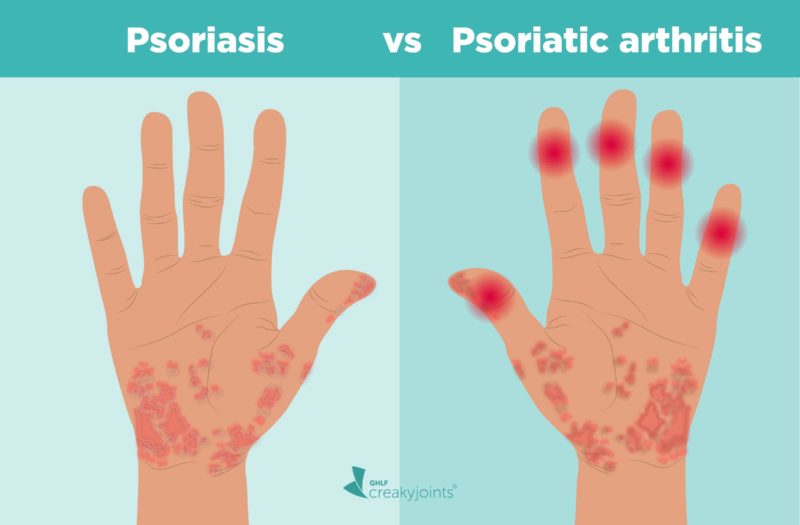Does Medicare Cover Dermatology? – Mole & Skin Tag Removal

Last Updated on May 4, 2024 by Kathy
Your skin is your first-line defence against injuries and infections. That is why skin disorders are pretty standard. They can range from minor to very serious, so you may need to consult a specialist. So our question is ‘Does Medicare cover Dermatology’?, especially Mole Removal or Skin Tag Removal.
Does Medicare Cover Dermatology? Yes, But…
While Medicare does cover dermatology, it is not as simple. To get Medicare’s coverage, a dermatology service must be medically necessary to diagnose and treat the skin condition. Medicare covers only certain types of infections, injuries, illnesses or symptoms. Medicare will not pay for cosmetic dermatology services (appearance-enhancement) or routine services (whole-body examination).
Cosmetic procedures are only covered if they improve the function of an injured or deformed part of the body. As mentioned earlier, there is no definitive answer as to Medicare covering dermatology.
If you are enrolled in Medicare and wish to receive dermatology services, it is important that you know if Medicare will pay for your treatment. Continue reading to learn more about Medicare’s dermatology coverage and how to find a dermatologist who accepts Medicare.
Which Services and Conditions Does Medicare Cover for Dermatology?
Preventive Screenings
Some Medicare Part D plans does cover preventive screenings. You can check with your Medicare Advantage Plan provider if you are unsure about your coverage.
Medication
Your Medicare Plan will determine if you are eligible for coverage for dermatological conditions. In this case, Advantage Plan will cover your prescription drugs.
Remember, however, that Medicare Part C and Part D is only available to private insurance companies. Every Advantage Plan includes a list of medications that it covers. They are also arranged in ranks. Higher-ranking meds will be more expensive than lower-ranking meds.
You can ask your doctor to prescribe a generic version or alternative to a drug that is cheaper.
Skin Cancer
Your doctor may authorize Medicare Part B to pay for a skin biopsy in order to determine if there is any cancerous tissue. Medicare will pay for treatment if there is any cancerous tissue. However, you will still have to pay the deductibles or coinsurance.
Skin Tag Removal
Medicare will pay for skin tag removal if it is medically necessary. If they are constantly bleeding, or causing discomfort, Medicare will cover seborrheic Keratosis treatment and wart removal.
Psoriasis

Part B will cover Psoriasis examinations. It also covers when dermatologists perform any medications or treatments. Moreover, Medicare will pay for any FDA-approved rosacea treatment.
Which Dermatology Services Will Medicare Not Cover?
Full-Body Skin Exam
Medicare doesn’t cover full-body skin checkups. Medicare covers only exams that are approved to treat a specific disease, infection, or injury.

Because this isn’t routine, Medicare will cover skin examinations after a biopsy.
Laser Hair Removal
Medicare doesn’t cover laser hair removal or cosmetic dermatology because no injury or illness requires this procedure to diagnose or treat.
Prescription Meds
Medicare will not cover prescriptions for cosmetic purposes, such as hair growth, or any other purpose considered cosmetic.
Which Parts of Dermatology Does Medicare Cover?
Medicare Part A
This doesn’t cover routine dermatology services, or procedures deemed medically necessary by a doctor.
Medicare Part B
If it is medically necessary to examine the skin, dermatology services will be covered by Part B. To diagnose and treat a medical condition, for example. You may need to pay a deductible depending on what service or procedure you are having.
Medicare Part C
This allows people to access the same benefits as Part A and B. Medicare part C can also cover routine dermatology services like prescription meds.
To be exact, your Part C provider will provide all details. To determine if you require a referral from your primary physician, you can check the paperwork you received when you enrolled.
You can avoid unexpected costs by checking if your insurance covers the treatment suggested by your dermatologist. However, you should also know that Medicare Part C plans may charge different copays for specialists and primary care physicians.
What Are the Out-Of-Pocket Costs for Dermatology?
You will still have to pay out-of-pocket costs even if Part B covers your dermatology services. These expenses include the deductible ($203 for 2021) and the coinsurance, 20% of your treatment cost. After you have paid your deductible, you should pay your coinsurance.
Before you start treatment, make sure you consult your primary care physician and dermatologist to confirm that these insurances cover dermatology services and the amount of what you will need to pay.
How Can You Find a Dermatologist That Accepts Medicare?
Use the provide finder tool to determine if you have Medicare Parts A and B. When you are prompted, enter:
- Your location.
- Provider (pick physician).
- Specialty (pick dermatology).
Once you have entered your details, click on search to view a list dermatologists near you. Each physician must indicate whether their prices match the approved fees for these services.
This means that once you have visited the doctor, you won’t be charged any more than Medicare recommends. As a result your out-of pocket costs will be cheapest possible.
After you have decided which dermatologist you wish to visit, you should contact the office to confirm their location. You should also confirm whether they accept new Medicare beneficiaries and if you require a referral from your primary physician.
You don’t need to be referred if you have Medicare Parts A and B. If you feel the need, your primary care GP can recommend a dermatologist.
Does Medicare Cover Dermatology? Some, and…
As you age, dermatology services become more critical. You will need insurance to address any skin conditions that may arise. Medicare pays for skin cancer and other severe skin conditions like eczema, rosacea, or psoriasis.
For dermatology services, please get in touch with your local agency. They will be able to refer you to a doctor who accepts Medicare.
Furthermore, you can read our article about Medicaid Dermatology Coverage for more information.






